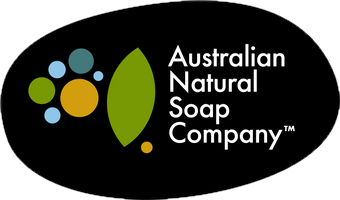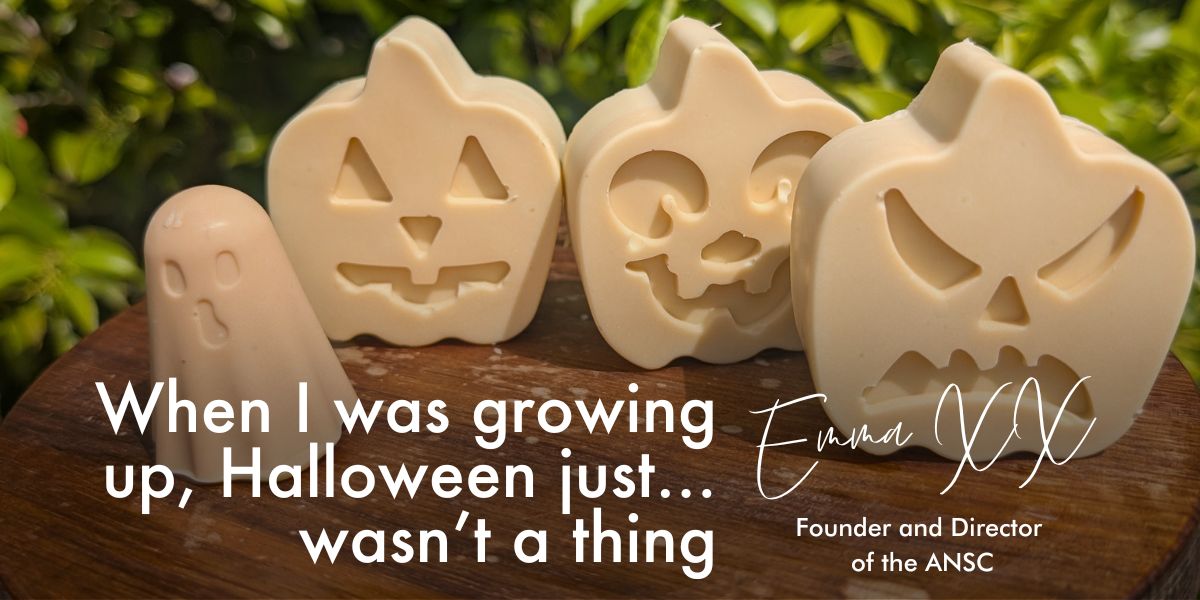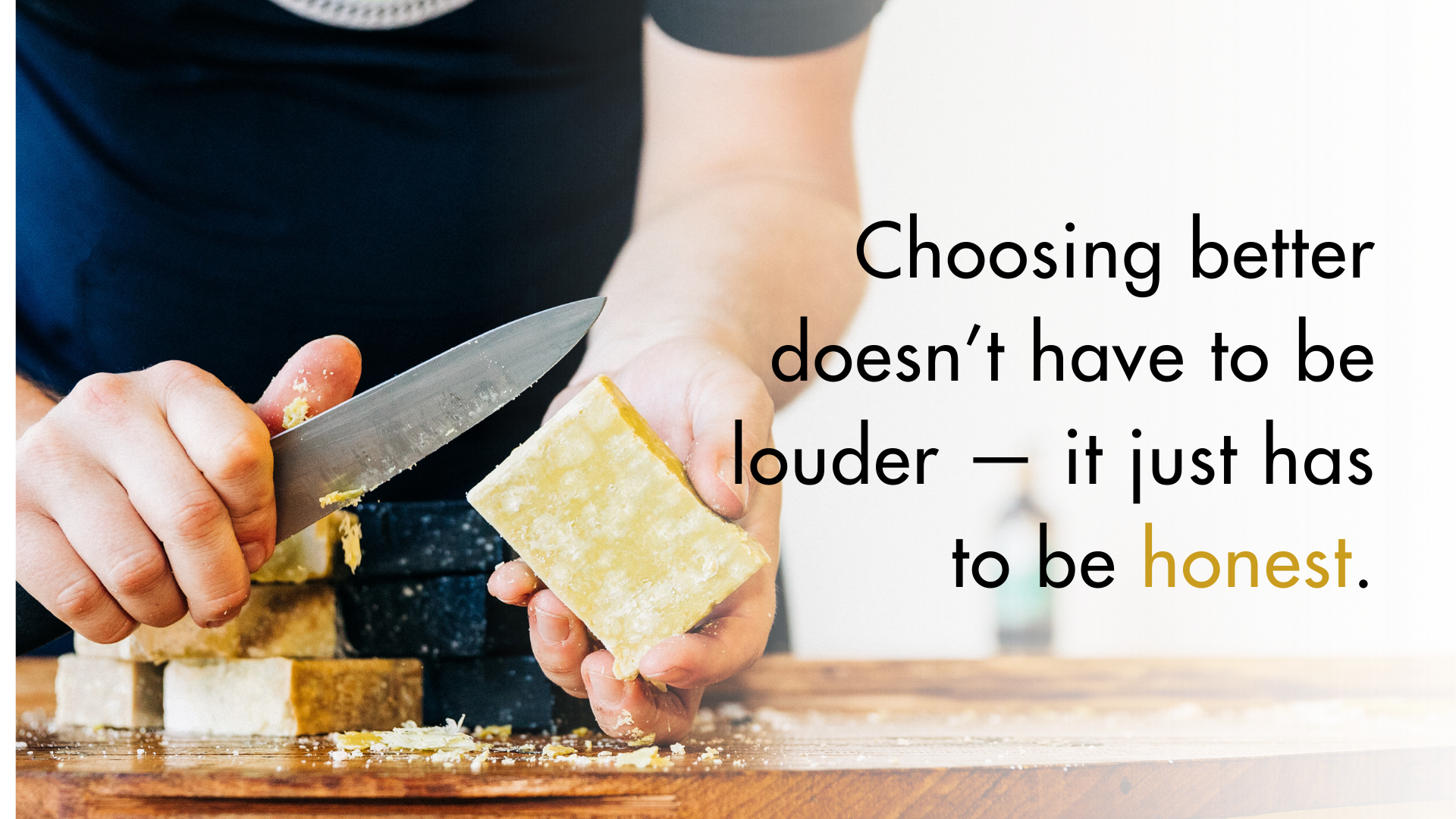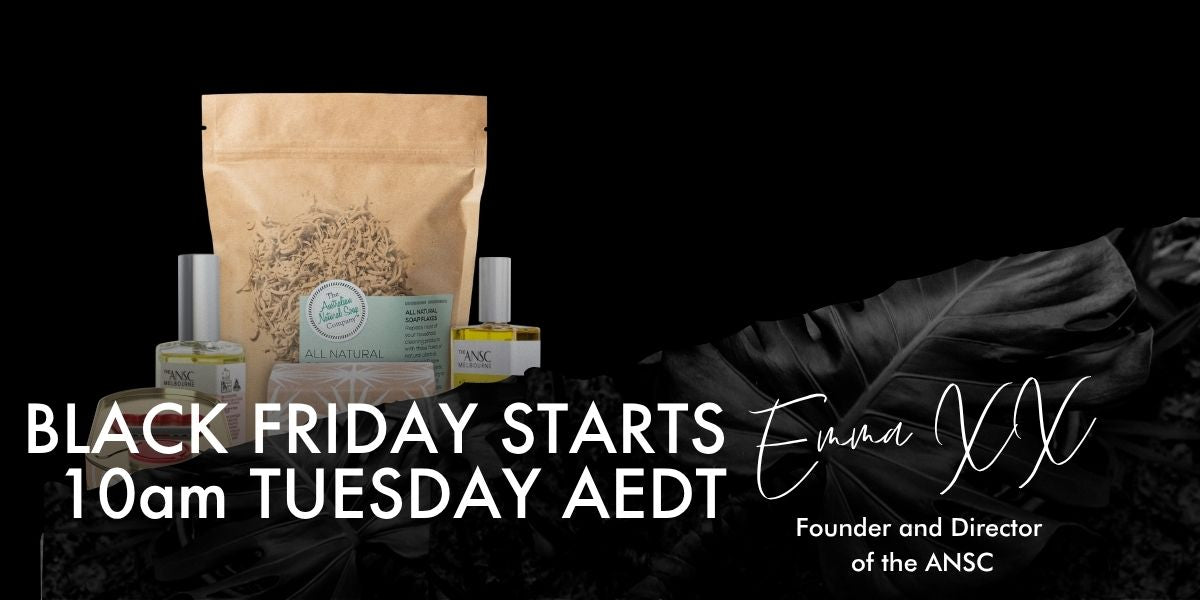The ultra-low-cost online platforms that sell everything for next to nothing. But at what cost?
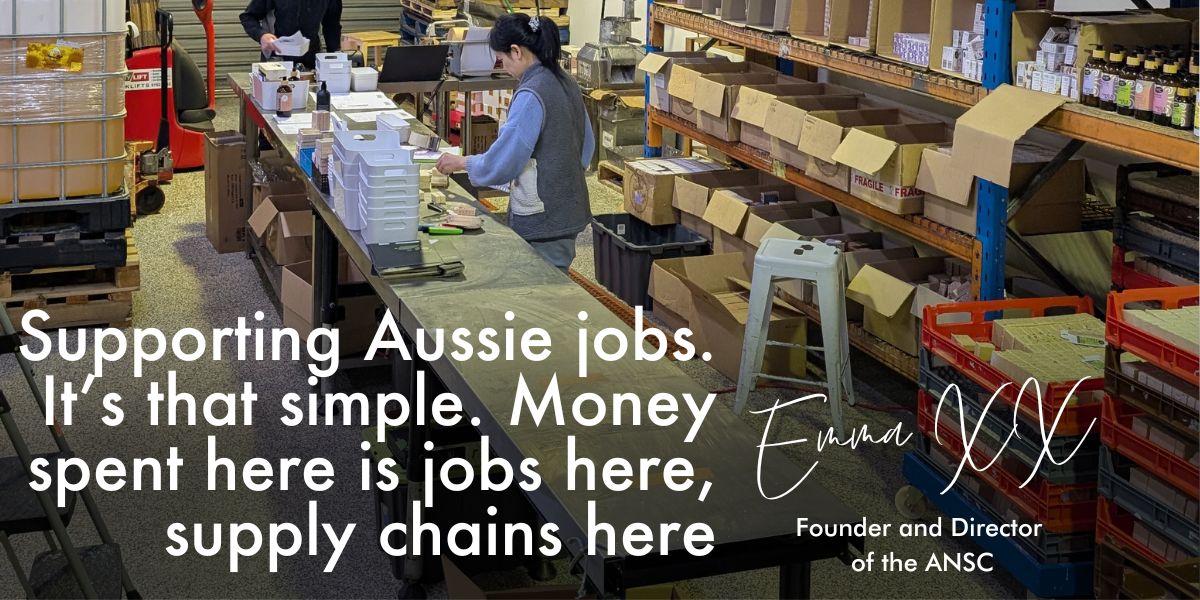
This week I opened an email from the Herald Sun with a headline that made me sigh: another campaign urging Australians to “buy local” — this time sponsored by some of the biggest retail giants in the country.
And while I completely agree with the message, I couldn’t help noticing the irony.
Because these are the same corporations — the Bunningses, the Coles of the world — that spent decades squeezing their suppliers, demanding lower prices, and helping turn “cheap” into the national religion.
They were the ones who set this race to the bottom in motion.
And now that there’s a new breed of predator doing it better — the ultra-low-cost online platforms that sell everything for next to nothing — they’re sounding the alarm.
It’s like the wolves are complaining that there’s a new, hungrier pack in the woods.
My Own “Too Expensive” Moments
Running The Australian Natural Soap Company, I hear it all the time: “Your soap is too expensive.”
Even when we offer our Sample Pack Special for $10, people balk. And I get it — ten dollars for a sample pack of handcrafted Australian soap isn’t “cheap” compared to the 3-for-$5 mass-market bars flown in from who-knows-where and made with unknown oils.
Ours are made with pure Australian plant oils — grown by Australian farmers who care about their land and what comes from it.
But here’s the thing: once someone actually tries our soap, I’m confident they feel the difference — the richer lather, the real plant oils, the way it doesn’t leave your skin tight and stripped.
Because we sweat the details.
And yet, the conversation is framed almost entirely around price. Because “cheap” is easy to see.
Quality, local labour, ethical sourcing — those take more time to explain. They take more decision-making from the buyer. They demand that we pause.
Why Buying Australian Isn’t Just a Nice Option — It’s a Choice
When you buy locally made:
-
You’re supporting Aussie jobs. It’s that simple. Money spent here is jobs here, supply chains here.
-
You’re reducing hidden costs — carbon miles, import logistics, packaging that hides everything.
-
You’re backing values: I choose to source our plant oils from Australian farmers (where possible), we stay palm-oil free because I’ve seen what clearing forests does. (Yes, I still think that’s non-negotiable.)
-
You’re saying you care about durability, about craft, about a product being more than just disposable.
When you buy ultra-cheap imports, you’re often buying the lowest cost possible — and someone, somewhere, has borne the cost. It might be labour. It might be the environment. It might be the craft itself.
That cost is hidden, but it’s there.
Have We Gone Too Far?
Honestly, I worry we have gone too far down the “cheap is king” highway.
The threshold for what we consider a “reasonable price” drops every year. Local makers get squeezed. The voices saying “why pay more for local?” get louder.
And yet, I think there’s still a way back — if the conversation shifts.
If “cheap” stops being the default.
If “good value” starts meaning more than “lowest price.”
If people start remembering that quality matters, origin matters, impact matters.
There’s a place for value-driven shopping. But there’s also a place for thinking.
For choosing. For saying: “I’ll pay a little more, because I believe in this business, this country, this craft.”
A Question for Us All
Next time you click Buy Now, what are you really buying?
-
The cheapest bar of soap.
-
Or a bar made here, by hand, with Australian oils, small batches, and a purpose behind it.
Because at the end of the day, when you buy local, you don’t just get the soap.
You get the story. The maker. The place. The values.
And to me — that’s worth paying for.
So here’s to the choices we make. The dollars we spend.
The little ripple each of us creates when we choose Australian.
Soapy hugs,
Emma xx
